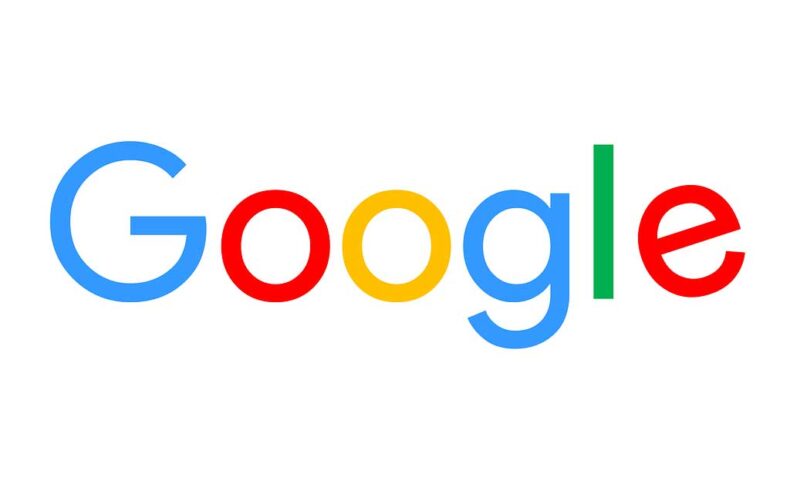Google has lost its legal battle to use the Android platform.
Abstract
Google has lost its legal battle to use the Android mobile operating system and pay for its use. The European Union’s Court of Appeal upheld Google’s fine for abusing its market position. This could change a lot about how Google puts out and spreads its operating system.
This article will go through the whole story, including the Court of Appeal’s decision and what it means for Google in terms of its ownership of Android. Plus, you’ll find out about all this exciting backstory that I’ll tell you about today!
What happened to Google?
A Portland-based software developer, Oracle, sued Google in 2010 over its use of Java APIs. Oracle thought anyone could use the APIs for free, but Google said their use and distribution violated their copyright. This led to a long legal battle. Oracle had the first shot at winning, but the company could not prove that it was harmed by Google’s alleged misappropriation. After months of hard work on both sides and a lot of wasted time, Oracle’s claims were rejected in 2011.

But then, things got interesting: Oracle began another attempt at finding infringement between Android and Java by inventing a new claimed feature called “Bouncy Castle.” This was unsuccessful. Oracle then used the same argument in a lawsuit that is still being fought today.
Then, in 2012, the European Commission started looking into whether Google was abusing its strong position in the market for mobile operating systems by doing things like charging higher prices. They decided that Google had abused its position and fined them €4bn (£3.8bn; $5bn). Google said it would appeal the decision. “Android has enabled millions of European consumers to buy smartphones and tablets cheaply and without restriction.”
The fine was for requiring manufacturers to pre-install apps like Google Maps and Chrome that Google didn’t share revenue with, like Google Maps. Google appealed but was still found guilty, though the fine was reduced. Google then appealed again to the EU’s highest court, the European Court of Justice (ECJ), in 2015.
Google has its own…
Google had its reasons for appealing, including saying that Android is open source and accessible to everyone who wants it. They also said that the Android trademark should not be included in the court’s decision because it gives them no unfair advantage. They argue that this means they cannot be harmed by their competitors or achieve an overall, lasting advantage over them. At a hearing before the ECJ in 2016, Google claimed that European regulators did not consider “the rapid pace of change” in the mobile market since 2012 when they made their initial decision.












